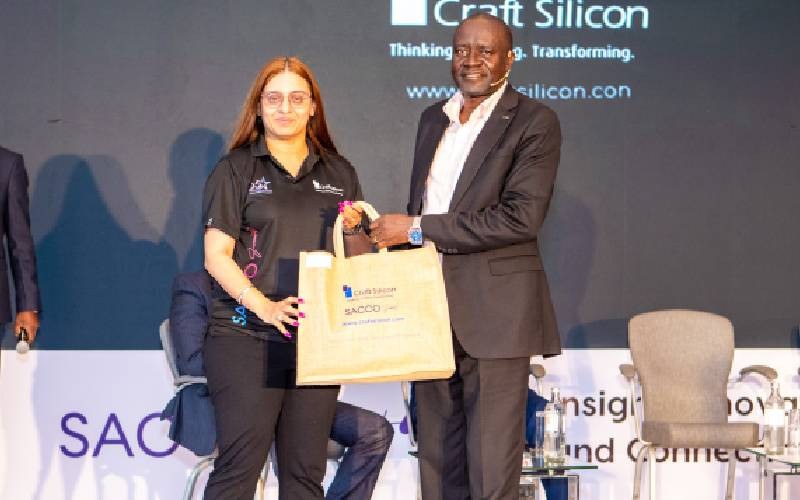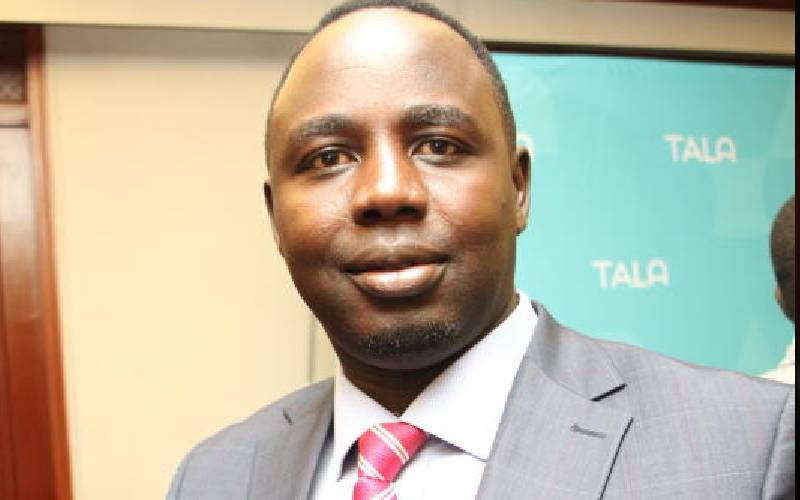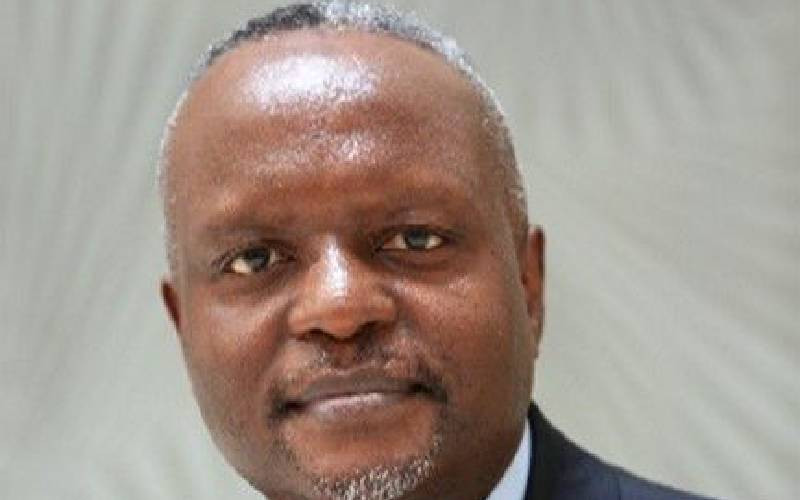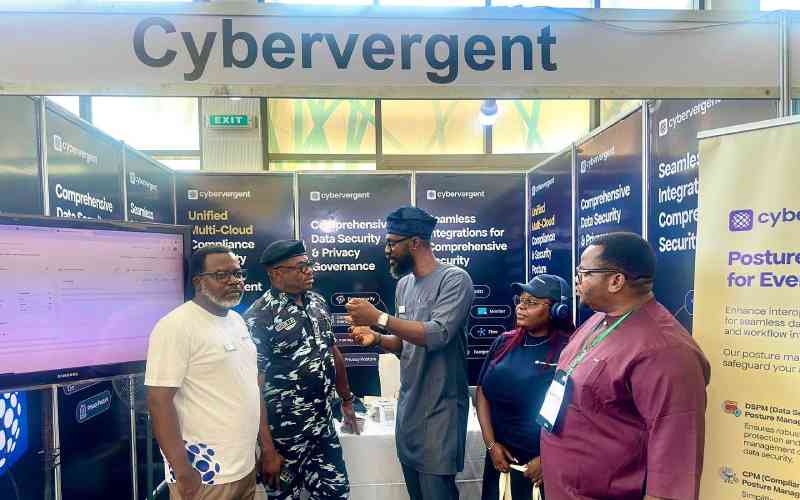
From left: Maureen Mwaniki, Huawei Kenya’s Director of Public Affairs, Khadija Mohamed, Media Director, Ian Korir, CSR Coordinator, Harriet Chiggai, President’s Advisor on Women’s Rights and Gloria Wawira, National Youth Council CEO. [Boniface Okendo, Standard]
Women are still underrepresented in science and technology, but stakeholders say Kenya’s digital transformation offers a unique chance to bridge the gender gap.
During a stakeholder forum at Huawei offices in Nairobi, industry leaders discussed ways to advance the inclusion of women and girls in Science, Technology, Engineering and Mathematics (STEM).
Harriet Chiggai, President’s Advisor on Women's Rights, urged young women and girls to embrace STEM careers, highlighting their role in driving innovation and developing creative solutions for present-day challenges.
“The world is evolving, and digital skills are more in demand than ever. Women bring diverse perspectives and innovative solutions that enrich science and technology. You are not just participants; you are the architects of the future. So, step forward with confidence, challenge societal norms and let your ambitions take you to new heights,” Chiggai stated.
She underscored the need for strategic partnerships between the public and private sectors to foster gender equality and innovation, noting that Kenya’s digital transformation agenda presents equal opportunities for women and girls not only to enter the STEM space but also to thrive.
“It is our time to innovate, lead and break barriers,” she noted.
To mark the International Day of Women and Girls in Science, Huawei Kenya hosted the UniTech Talk, a forum focused on promoting gender equality and exploring the transformative power of STEM in shaping Kenya’s future.
National Youth Council Chief Executive Officer Gloria Wawira echoed Chiggai’s sentiments, urging young girls to pursue STEM careers boldly.
“Young people hold the power to solve some of the world’s most pressing challenges,” Wawira observed, stressing that addressing gender stereotypes and biases is essential in fostering mentorship and leadership for women in STEM.
“The world of science and technology continues to expand rapidly, offering countless career paths for women—whether in artificial intelligence, robotics, medicine, environmental sustainability, coding or data analysis,” she added.
Maggie Junhui, Huawei Technologies Chief Financial Officer, reaffirmed the company’s commitment to empowering women in STEM through initiatives such as Seeds for the Future and Women in Tech, which focus on mentorship and leadership development.
Other programs, including the Huawei ICT Competition, DigiSchool, DigiTruck and the annual University Career Fair, aim to inspire young girls to join the tech space.
Of nearly 3,000 students in this year’s Huawei ICT Competition, about 960—32 per cent—were girls. Five have qualified for the regional finals in March 2025 in South Africa.
Stay informed. Subscribe to our newsletter
Encouraging young women to take advantage of these programs, Junhui stressed that advancing women’s participation in STEM is a strategic imperative rather than a compliance measure.
“We recognise that diversity is not just a clause; it is a key driver of success. By partnering with universities and corporations, we aim to onboard more women and girls into STEM, ensuring a brighter future for all,” she observed.
Huawei’s Women-in-Tech Initiative convened young girls, women, industry experts and policymakers to assess progress, identify gaps and explore opportunities for meaningful inclusion in STEM-related fields.
The forum also provided a platform for mentorship, knowledge-sharing and relationship-building among industry professionals and young women pursuing STEM courses.







